Organizations that grow rapidly – particularly through acquisition – face significant challenges in standardizing policies and processes. This is especially true in a retail environment where the companies acquired are well-established stores with their “own way of doing things”. So how do you successfully implement corporate policies and processes in a fiercely-independent culture?
The approach needs to factor in not just the policies and processes themselves, but how to effectively change behavior. This includes:
- Identifying pain points that can benefit from clearer policies or simplified processes
- Designing policies and processes that allow for some flexibility
- Measuring progress towards compliance with the policies and processes
- Implementing meaningful sanctions for non-compliance.
OpenRoad Auto Group recognized that a lack of standardization would greatly reduce their ability to identify and develop customer relationships across stores, optimize shared resources such as Accounting, Human Resources (HR) & Information Technology (IT), and provide employees with opportunities across stores. They undertook to standardize their policies and processes, first for HR and then for Accounting.
Learning Objectives:
- To understand the role culture plays in implementing policies and procedures
- To learn the importance of performance measurement
- To see how sanctions for policy non-compliance can affect behavior
Realizing strategy is not a new challenge. In fact, over the last decade a number of books, articles, presentations, and courses have been devoted to this challenge/topic. There is no one set answer to achieving better strategic realization. There are a wide variety of terms used to describe this challenge – e.g., strategy-to-execution, strategic execution, strategic portfolio management, and so on. This session will look at how the Verisk IoT organization redesigned its strategy-to-execution model. Attendees will learn several key techniques to improve their organization’s ‘strategy realization’. The session will include some strategy execution theory, but attendees will gain insight on how these theories were put to practical use.
Learning Objectives:
- Define business strategy realization.
- Mapping strategy and execution to an organization’s capabilities.
- How to blend multiple execution techniques.
The Canadian manufacturing and sales operations of 2 large household name manufacturers needed to be integrated as part of a global effort triggered by the merger of these 2 brands a few years earlier. Taking a business design approach to develop the future state of the integrated business unit proved to be a very effective way to focus the integration effort to achieve the desired business outcomes of acting as one. Newly defined business processes became the basis to drive organizational realignment and role design, technology change requirements, staff training, and business governance. It also became an overall communication tool to ensure all stakeholders are aligned on both the reasons for, and the details of the required changes.
In this presentation, Sasha will:
- Describe the high-level objectives of the integration effort, and associated tight timelines
- Discuss how to tackle complex requirements, dealing with change for two unique established businesses
- Share how business architecture and process models can be effectively used as a stakeholder engagement and communication tool
- Demonstrate examples of some of the actual documentation formats used through-out the project.
For most leaders, applying strategic approaches to how they manage their area of accountability can be limited. Corporate investments can be dominated by mandatory initiatives as well as dealing with issues leaving limited space for strategic thinking. How can leaders enhance strategy realization in this environment?
Business strategy is realized through the orchestration of complex processes across extended value chains. Strategy is realized by developing these capabilities & processes. Even when investment spend is dominated by mandatory investments, how these mandatory initiatives are delivered can also strategically advance the organization. In addition, understanding the linkage between business process and strategies provides a natural feedback loop from process performance as a key input into the strategy process.
Learning objectives:
- What is the relationship between strategy and business capabilities & processes
- How to apply strategic thinking to how businesses manage change
- Using business process performance as a feedback channel into the strategy process
